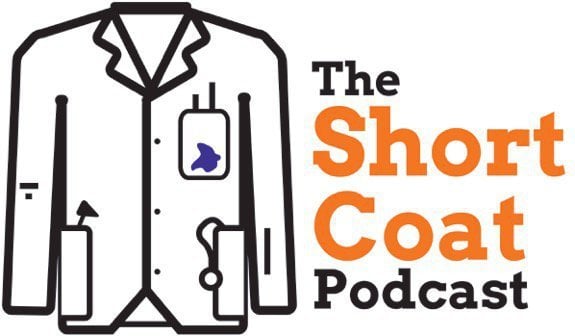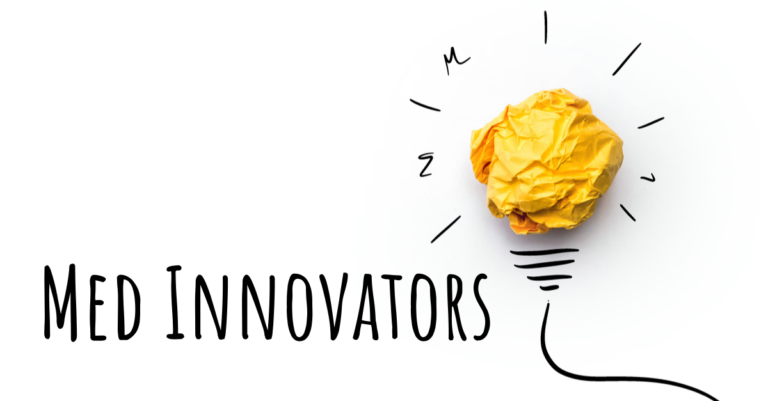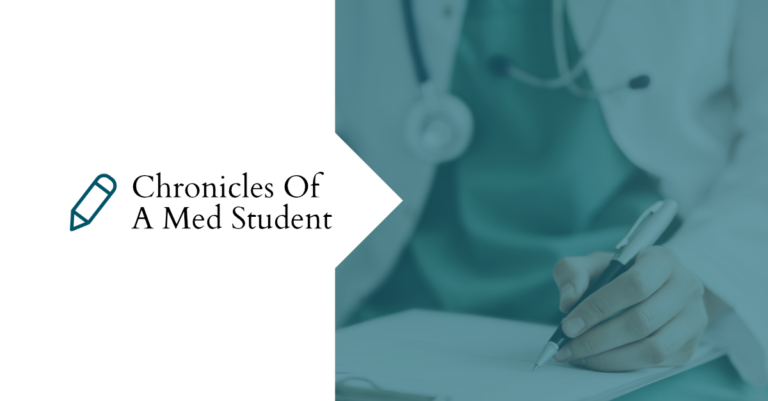
Quiz of the Week: Painful urination, a swollen knee, and eye pain—what’s the cause?
A 31-year-old female presents to the emergency department with a two-day history of pain on ... Read more
Written by: Figure 1
Published on: January 12, 2018

A 31-year-old female presents to the emergency department with a two-day history of pain on ... Read more
Written by: Figure 1
Published on: January 12, 2018

Are clerkships a grind, or a boon? It’s up to you. The second-year students are ... Read more
Written by: The Short Coat Podcast
Published on: January 12, 2018

To say you are busy may be an understatement! You’re balancing a full course load, ... Read more
Written by: AAMC Staff
Published on: January 11, 2018

As any practicing physician can attest, adequate medical care extends beyond pure medical knowledge to ... Read more
Written by: Cassie Kosarek
Published on: January 10, 2018

Giving advice is easy. Taking it? Not so much.
Written by: The Short Coat Podcast
Published on: January 5, 2018

A new year is upon us! Fresh beginnings bring a revitalized energy to refocus our ... Read more
Written by: Amy Rakowczyk
Published on: January 4, 2018

Ask any doctor, in any specialty and of any age, and they will remember their ... Read more
Written by: Jacob Adney
Published on: January 3, 2018

Dr. Suzanne Tharin, MD/Ph.D., is an Assistant Professor of Neurosurgery at Stanford University and a ... Read more
Written by: Gloria Onwuneme
Published on: December 20, 2017

Everyone reading SDN likely knows that gaining admission to medical school is difficult. It not ... Read more
Written by: Renee Marinelli
Published on: December 19, 2017

‘Tis the season! It’s finally my favorite time of year! Everything fills me with warm ... Read more
Written by: Adelle
Published on: December 18, 2017

One of the most exciting and nerve-wracking stages of the application process can be your ... Read more
Written by: AAMC Staff
Published on: December 14, 2017

Plotting out your course of study in anticipation of any MCAT test date is difficult ... Read more
Written by: Cassie Kosarek
Published on: December 13, 2017

You’ve probably seen numerous articles discussing the medical marriage and what to expect during training. ... Read more
Written by: Amy Rakowczyk
Published on: December 7, 2017

Medical school, graduate school, dental school, any graduate or professional school: they are all expensive! ... Read more
Written by: Jacob Adney
Published on: December 4, 2017

Tell us about yourselfHi SDN! My name’s Andrew. I am a fourth-year medical student at ... Read more
Written by: Student Doctor Network
Published on: November 30, 2017

In 2013, the American Medical Association, in response to demands from the medical community, developed ... Read more
Written by: Brian Wu
Published on: November 29, 2017

Flexibility is the name of the game during your third (and to an extent, your ... Read more
Written by: Adelle
Published on: November 27, 2017

Hospital cafeteria food. Malignancy or benign-ness. Patient population seen in the third and fourth years. ... Read more
Written by: Monya De
Published on: November 22, 2017

This interview season, Student Doctor Network has partnered with the admissions team at the Medical ... Read more
Written by: Student Doctor Network
Published on: November 21, 2017